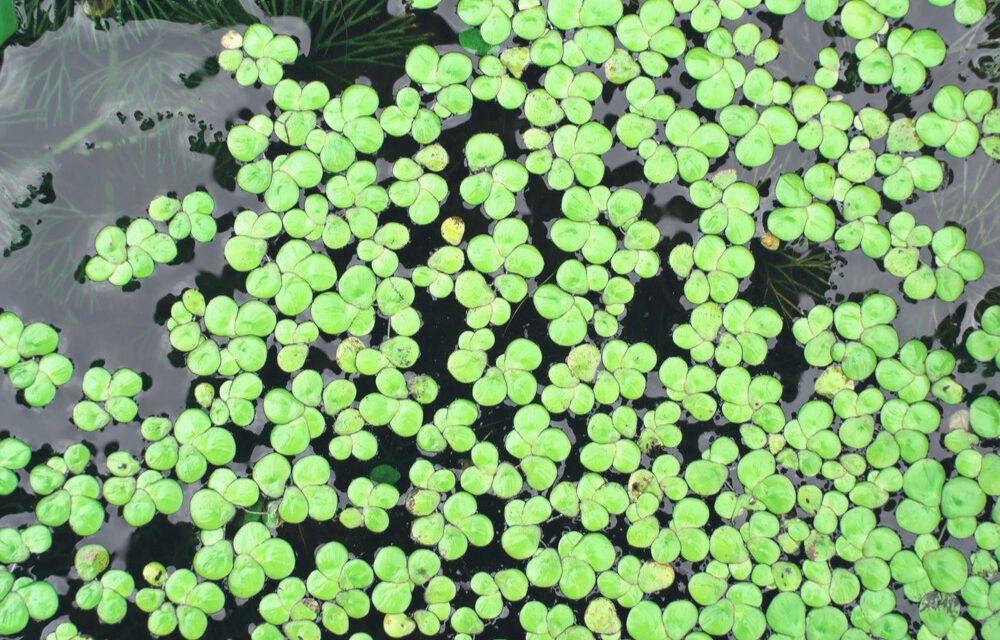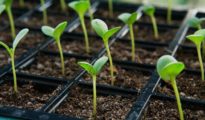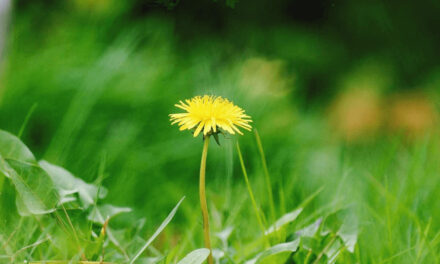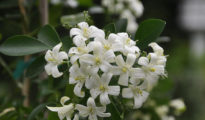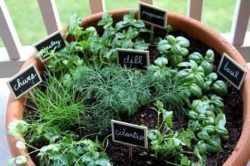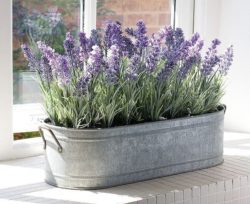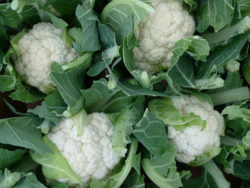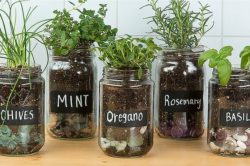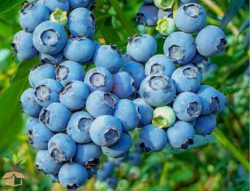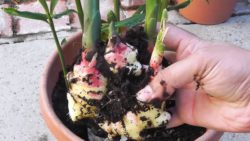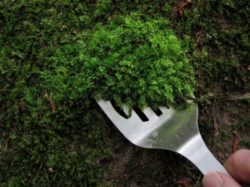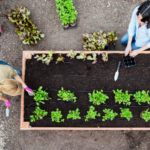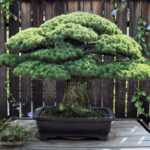Learn how to grow duckweed at home with this easy to follow DIY gardening guide! Duckweed is a type of aquatic plant that is often found in pools, ponds, and other bodies of water. The plant gets its name from its resemblance to a duck's foot, and it typically has a green or brown color. Duckweed is known for its ability to quickly spread and cover large areas of water. Although the plant is often considered to be a nuisance, it can actually provide several benefits. Duckweed can help to filter water and remove pollutants, and it also provides food and shelter for fish, amphibians, and other aquatic creatures. In addition, duckweed can play an important role in regulating water levels and preventing flooding. As a result, duckweed can be a valuable asset in any ecosystem.
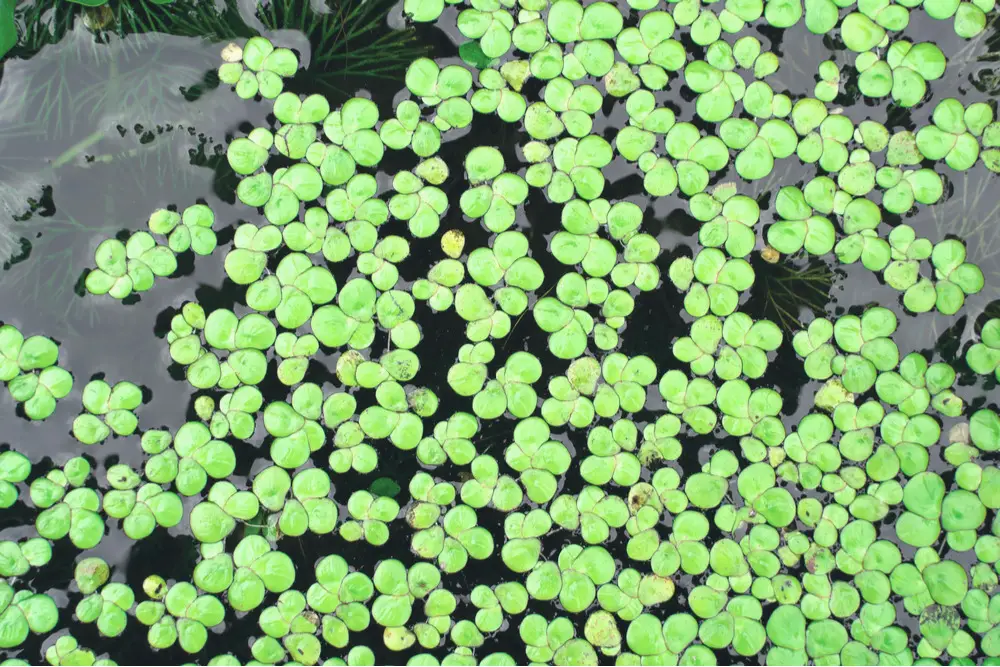
What is Duckweed Good for?
Duckweed is a type of aquatic plant that is often found in ponds and lakes. It can reproduce rapidly, and as a result, it is sometimes considered to be a nuisance. However, duckweed also has several benefits. For one thing, it provides food and shelter for aquatic animals. Additionally, duckweed helps to improve water quality by absorbing nutrients from the water and preventing algae growth. Finally, duckweed can be used as a biofuel, and it is being investigated as a possible source of animal feed. As this list shows, duckweed is not simply a weed—it plays an important role in the ecosystem and has many potential uses.
Is Duckweed Good for Fish?
While it can be considered a nuisance by some, duckweed can actually be beneficial for fish. The plant provides shelter and shade for fish, and its roots help to filter the water. Duckweed also produces oxygen, which is essential for fish to survive. In addition, the plant is a source of food for many aquatic animals, including fish. As a result, duckweed can help to create a healthy ecosystem for fish and other aquatic life.
How to Grow Duckweed at Home
Duckweed is a fast-growing plant that can quickly cover the surface of a pond or water feature. While this may sound like a bad thing, duckweed can actually provide a number of benefits. Duckweed helps to oxygenate the water, providing a vital source of air for fish and other aquatic life. Additionally, duckweed can help to improve water clarity by absorbing excess nutrients from the water. Duckweed is also an excellent food source for ducks and other waterfowl. If you want to encourage duckweed growth in your water feature, there are a few things you can do. First, make sure that the water is free of chlorine and other chemicals. Duckweed thrives in warm, sunny conditions, so try to position your water feature in a location that gets plenty of sunlight. You can also add some fertilizer to the water to help promote growth. With a little effort, you can soon have a healthy population of duckweed in your garden pond.
How to Grow Duckweed in a Bucket
To get started, fill a bucket with clean water and add a handful of duckweed seeds. Place the bucket in a sunny spot, and check the water level daily to make sure it doesn't dry out. Within a few days, you should see the first signs of growth. As the plants mature, they will begin to reproduce rapidly. At this point, you can start harvesting the duckweed for your feathered friends. Just be sure to leave some behind so that your crop can continue to grow. With a little effort, you can provide a delicious and nutritious food source for the ducks in your area.
What Nutrients Does Duckweed Need to Grow?
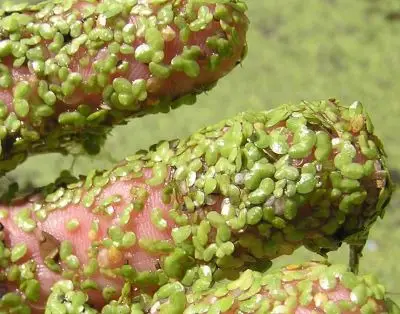
Duckweed requires two key nutrients to grow: nitrogen and phosphorus. These nutrients can be found in many common fertilizers. However, it is important to use a fertilizer that is designed for aquatic plants, as some fertilizers can actually harm duckweed. In addition, duckweed needs access to full sunlight in order to grow properly. If you live in an area with cold winters, it is best to grow duckweed indoors under artificial lighting. With the proper care, Duckweed can be a thriving and attractive addition to your pond or water garden.
How Quickly Does Duckweed Grow?
Duckweed is a fast-growing aquatic plant that can double in size in just a few days. In optimum conditions, it can grow even faster, with some species capable of increasing their biomass by up to 100% per day. Duckweed is often considered a nuisance weed, as it can quickly choke out other aquatic plants and even disrupt the oxygen levels in a waterbody. However, duckweed can also be used as a food source for ducks and other waterfowl, and it plays an important role in the aquatic ecosystem. Whether you consider it a friend or foe, there's no denying that duckweed is one of the fastest-growing plants on earth.

